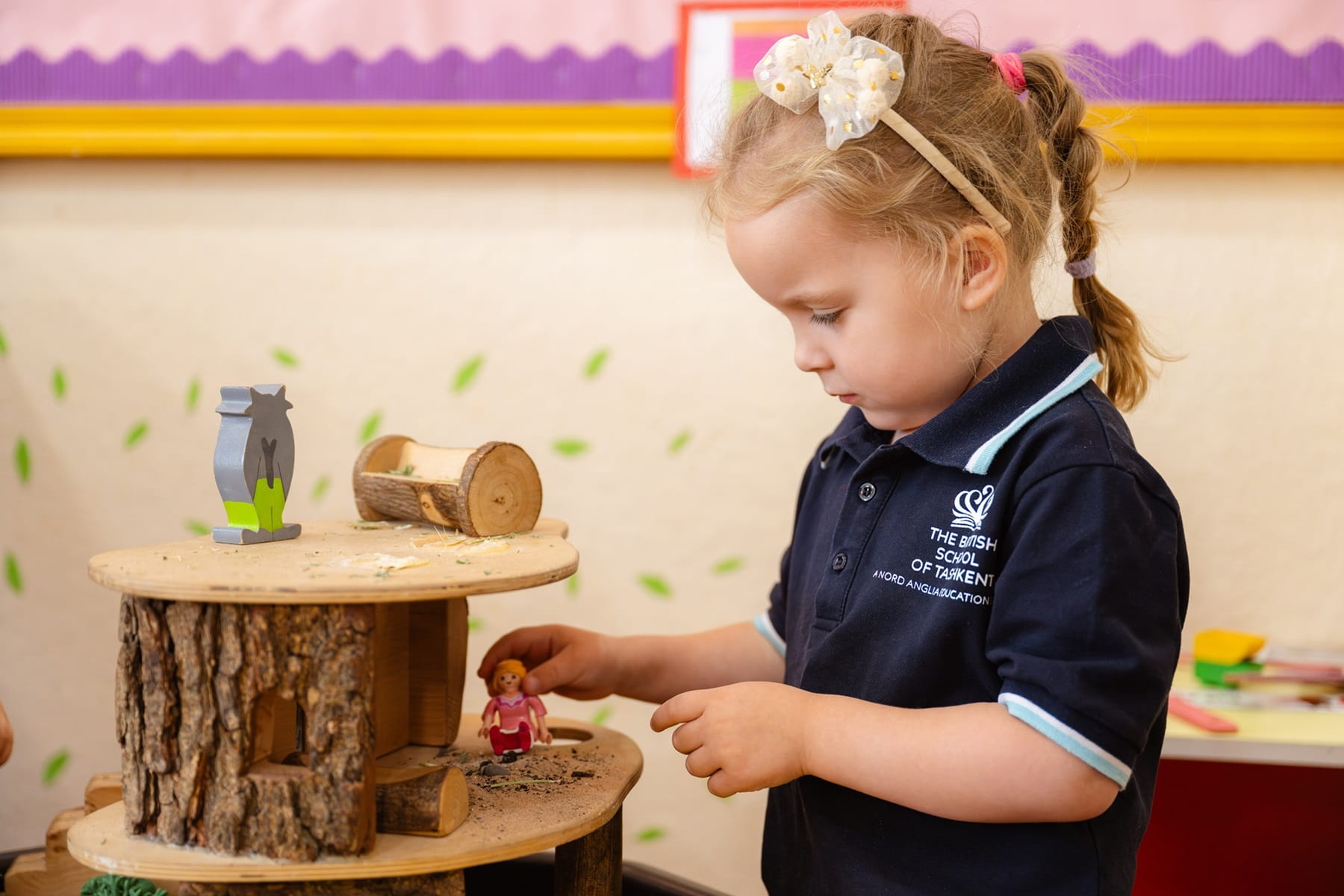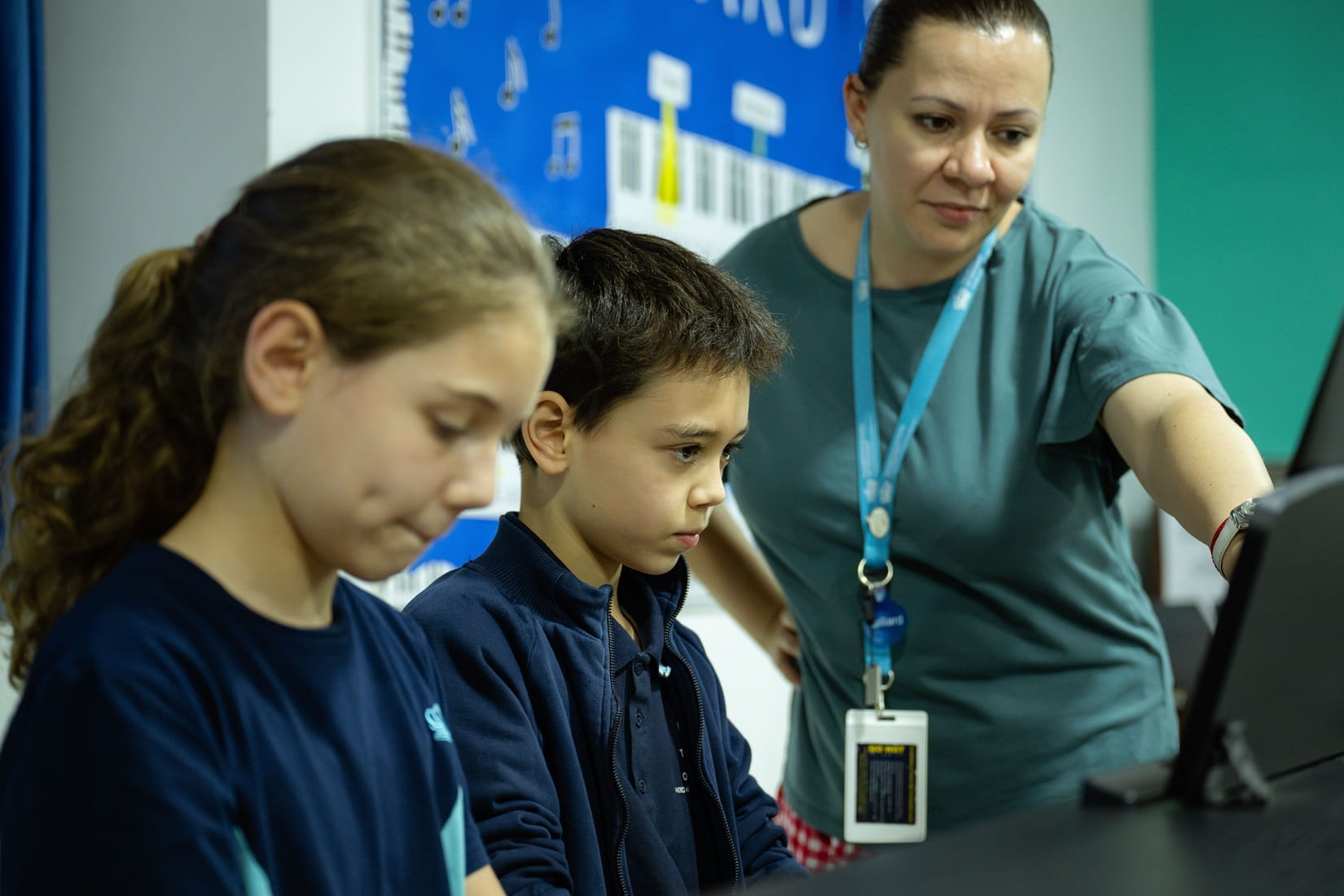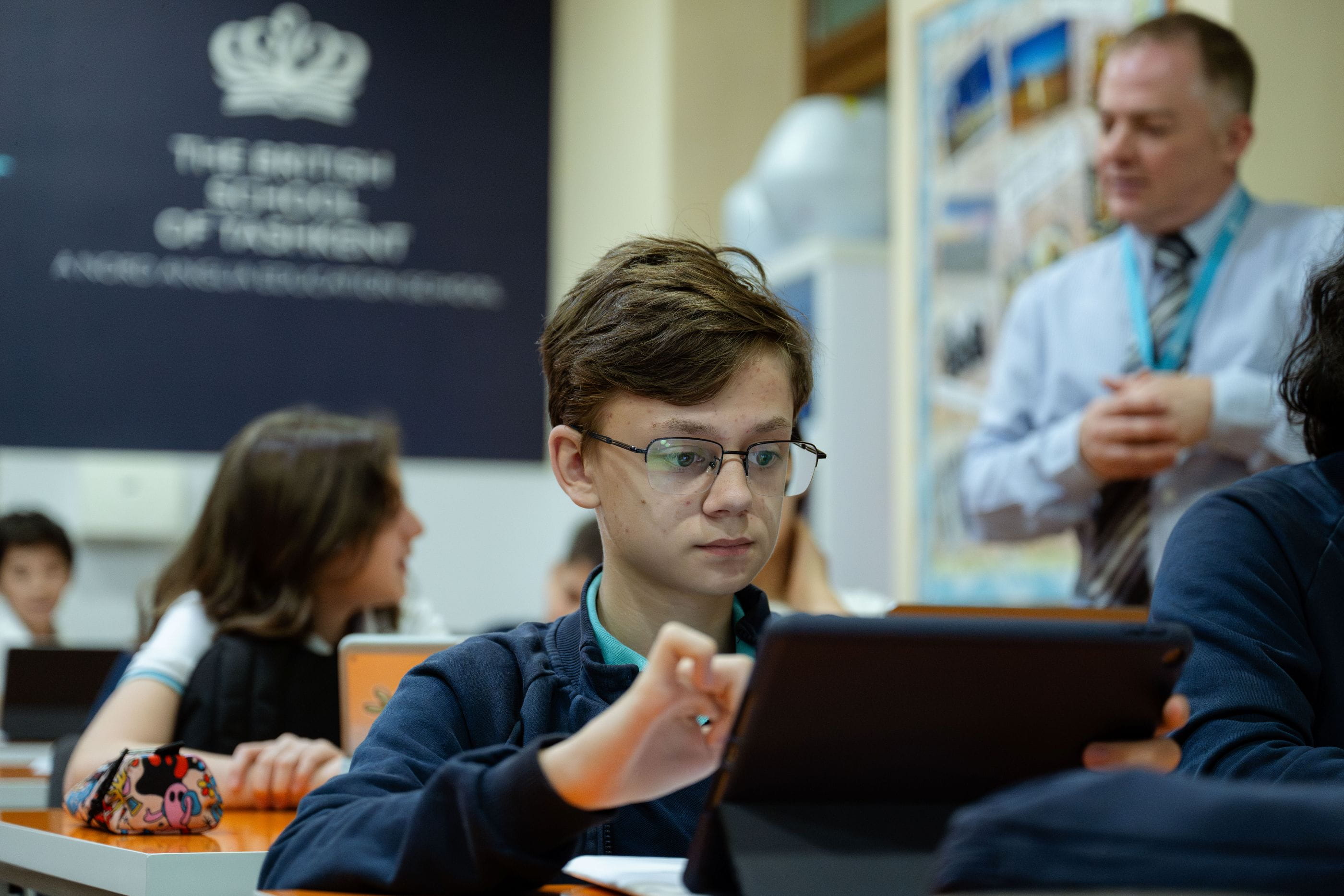At BST, every day is packed with innovative experiences, enabling your child to do what they love, challenge themselves, and experience the thrill of new discoveries.
This includes our STEAM programme with MIT, which opens our students’ eyes to the wonders of science, technology, engineering, art, and maths – and which develops their confidence, critical thinking, and problem-solving skills. Our collaboration with The Juilliard School provides our students with the highest quality artistic education, sparking their creativity in music, drama, and dance.
The Duke of Edinburgh’s International Award challenges our students to dream big and make a real difference. Nurturing emotional, physical, and social growth – as well as embedding a sense of social responsibility – the Award is a great addition to our students’ university applications.
We also run more than 40 extra-curricular clubs, ranging from sport, music, and arts to languages and science. Our life-changing excursions and international expeditions take your child on adventures in Uzbekistan – including the Andijan Mountains and Charvak Lake – and across the world, broadening their horizons and forging friendships that last a lifetime.
And as they embark on new adventures and exciting experiences, your child’s wellbeing will be paramount; our strong pastoral care culture underpins everything we do. We’re here for every child, no matter what, giving them the tools to look after themselves, building their resilience, and keeping them safe and happy.





.jpg?h=90&iar=0&w=90&rev=56d375d7f3884e0996a0b321e7980a77&hash=42C467916FB6056326364399DBD51A99)


















.jpg?rev=4041d87cdaed4d8ba380bc438210709c&hash=26ABD80009CC4D0C1A09B5715C47C8F9)



